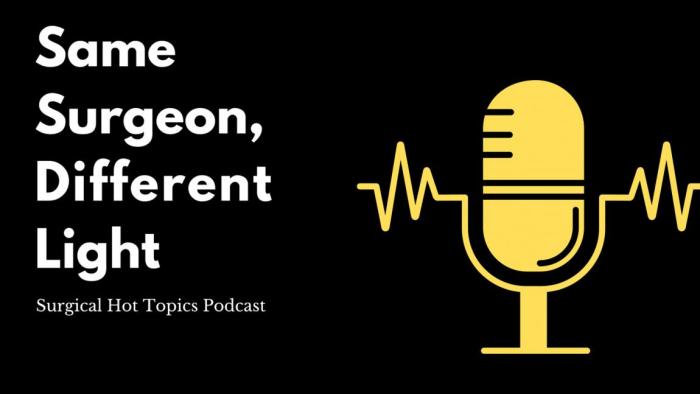In this episode of The Resilient Surgeon, Dr. Michael Maddaus interviews Monica Parker, author of The Power of Wonder: The Extraordinary Emotion That Will Change the Way You Live, Learn, and Lead.
Parker has spent decades helping people discover how to lead and live wonderfully by cultivating curiosity, empathy, and open mindedness. Here, she explains the elements and elicitors of wonder, and how it can transform people's brains and bodies. It's about "becoming more wonder-prone and reconnecting with a reverence for the world and all the magic in it."
